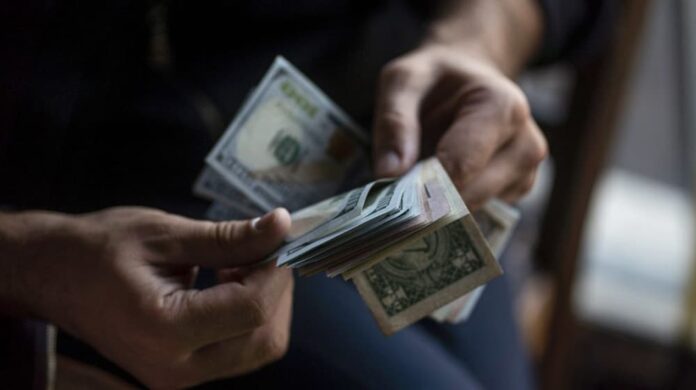In an effort to stabilize currency rates and curb abnormal premiums, the Pakistani government has entered into a stand-by agreement (SBA) with the International Monetary Fund (IMF). Under this agreement, the government has committed to maintaining an average premium of no more than 1.25 percent between the interbank and open market rates during any consecutive five-business day period.
Ensuring Stability in FX Markets
The IMF’s recent Staff Report emphasized the need to prevent abnormal premiums from emerging in any of the three foreign exchange (FX) markets: interbank, open market, and informal. The premium is defined as the difference in the natural logarithms of the midpoint of the interbank market rate and the midpoint of the open market rate. To meet the continuous Structural Benchmarks (SB), the average premium will be evaluated over a five-business day period.
Escalating External Pressures and Efforts to Stabilize Exchange Rates
The report highlighted that external pressures increased in the first half of FY23, as foreign inflows ceased and debt service payments drained reserves to critically low levels. In response to the inability to formally intervene in the FX market, informal measures were taken, including moral suasion on banks, to encourage an appreciation of the exchange rate.
However, these efforts proved unsuccessful, leading to import-payment restrictions and a crawl-like behavior in the FX interbank market. This fueled pressures, exacerbated the scarcity of dollars, allowed the FX black market to thrive with a growing informal premium, and disrupted the timely import of essential inputs for domestic production and exports.
Challenges in Achieving FX Market Normalization
After a decline in reserves to around $3 billion in mid-January 2023, the exchange rate was allowed to depreciate by nearly 10 percent on January 26. Unfortunately, the normalization of the FX market was short-lived, with premiums reemerging in February and again from May onwards, primarily due to import restrictions.
Commitments to Free Exchange Rate Framework
The Pakistani authorities have pledged to avoid providing formal and informal guidance on the exchange rates of FX intermediaries. They have also committed to eliminating existing exchange restrictions and the multiple currency practice (MCP), ensuring a framework without any restrictions on payments and transfers for current international transactions and MCPs.
Implications of the Premium Cap
According to Mohammad Sohail, CEO of Topline, the 1.25% premium translates to approximately Rs. 4 to Rs. 4.2.
This effectively means that the gap between the open market and interbank rates cannot exceed Rs. 4.2, as per the conditions set by the IMF.







